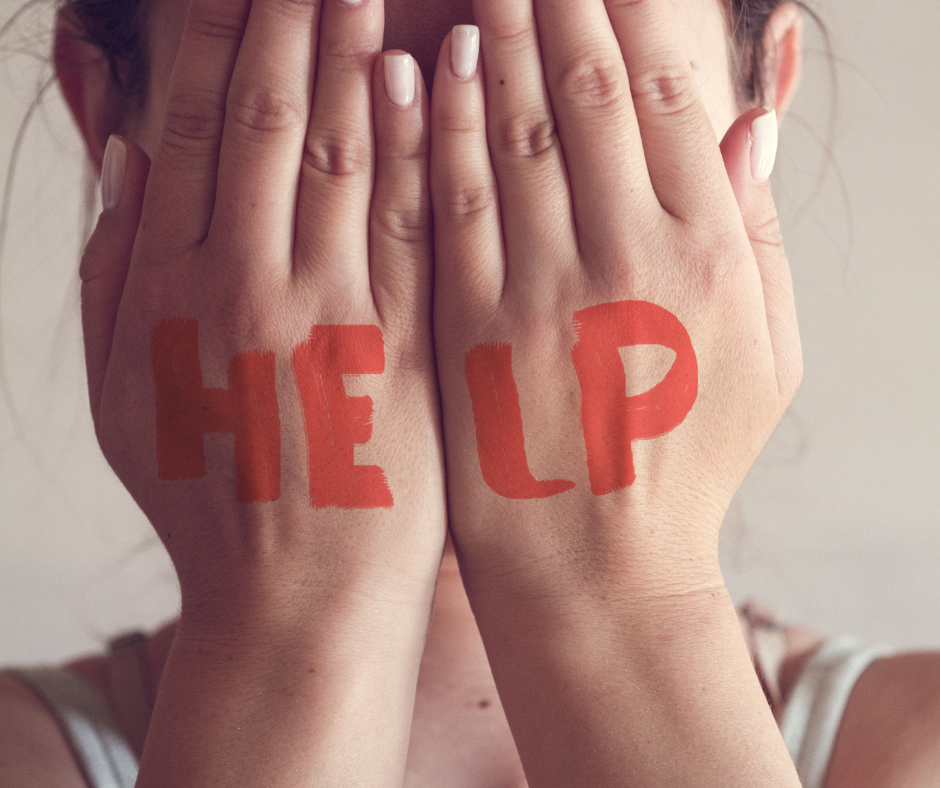
Image credit: Marchenko_family
It can be hard to know what Violence Against Women means, but here are some simple statistics: Globally, 1 in 3 women will be subjected to gender-based violence. That violence starts before some girls are even born. If we start including the number of babies aborted because they were girls, the figures are horrifying; more girls have been killed in the last fifty years, precisely because they were girls than men were killed in all the battles of the twentieth century.
But the reality is that the form of violence most women are most likely to face is domestic abuse. Every day, globally, 137 women are killed by men who were meant to love them – fathers, husbands, and brothers. In the UK, that translates to two women a week being killed by an intimate partner. One in four women will be subjected to domestic abuse at some point in their lifetime.
It happens in churches too. Restored, together with the University of Coventry and Leicester, conducted research in 2018 that showed that one in four churchgoers have experienced abuse in a current relationship. One in four – that’s the same figure as outside of the church.
Most of us don’t like thinking about it. We don’t want it to be true, so we look the other way. But we need to turn our eyes and recognise the problem so that we can create a Church which genuinely looks the way we believe it should and create a culture that stands against abuse and creates a place of safety and refuge. We can build churches that model the kinds of marriages and relationships that reflect the love of Christ to the world around us.
We need to speak up and do something and we can start right where we are. Our research suggested that domestic abuse is a great taboo in many of our churches. Nearly 60% of respondents had never heard domestic abuse mentioned in a sermon and most churches don’t have information about where to go or who to speak to if you're being subjected to abuse. Only 2 in 7 of Christians surveyed felt their church was adequately equipped to deal with a disclosure.
It’s why, last year at Restored, we launched an initiative called Restored Beacons, where churches that choose to partner with us can stand against domestic abuse and support survivors. We deliver training and resources to equip these churches to not only be ready to respond to a disclosure from within their congregation but to provide support and community to survivors in their neighbourhood. We have a vision of a Beacon in every town and borough, bringing light into the darkness of those who have been abused.
That might seem an overwhelming step but here is a list of smaller steps that you can take to make your church a safer space for those who have been subjected to domestic abuse:
- Pray for survivors: The NSPCC say that the number of calls they received from children reporting violence in the home, during the 2018 World cup rose by a third.3 Why not take the opportunity to pray in a church service for those living in violent households? There is a direct correlation between the occurrence of major sports events and domestic abuse.
- Put up a poster: You can put something on your website, or a poster on the back of toilet doors with details of your local domestic abuse services.
- Get resourced: Restored have produced an excellent Church Guide to Responding to Domestic Abuse. They also have a Survivors’ Handbook, which provides invaluable information to survivors looking to find freedom. This would be a great resource to have ready to give to someone who may need it.
- Get trained: Thirtyone:eight and Restored run training which could equip your leaders to know how to recognise and respond to domestic abuse.
- Get connected: Research the local provision in your area, so that you know who to signpost survivors to. Find out if there is any way you can support your local refuge – raising money, recruiting volunteers, or providing gift bags for families who have had to leave everything behind.
However big or small, there are things we can do to create safer spaces in our churches and to let those who are being hurt know that we care and that we want to support them.
Written by Bekah Legg:
Bekah is CEO of Restored, a charity working to raise awareness of violence against women and to equip the Church to stand with survivors against domestic abuse.
UN figures: https://www.unwomen.org/en/what-we-do/ending-violence-against-women/facts-and-figures
UK figures
Restored research
(In Churches too: Church Responses to Domestic Abuse – A case study of Cumbria)
